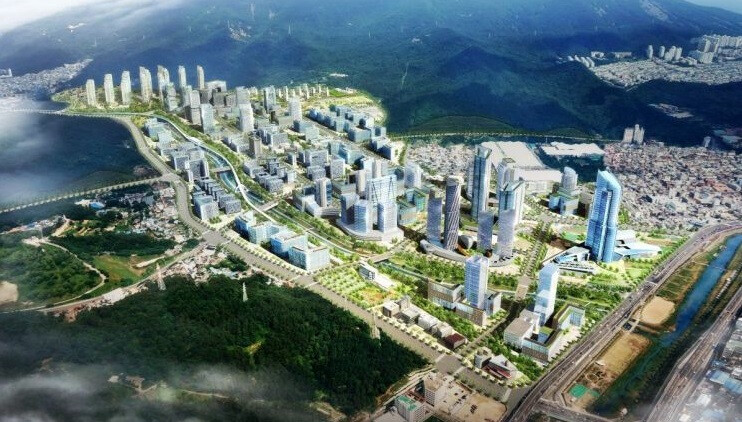
Daejeon, South Korea – The Daejeon Urban Integration Special Zone, envisioned as a new tech hub to rival the successful Pangyo Techno Valley, is facing significant hurdles in its early stages. While the project aims to revitalize the city's core and attract tech companies, challenges related to funding, regulations, and market conditions have cast a shadow over its future.
Unlike the top-down, government-led development of Pangyo, Daejeon's project emphasizes a more bottom-up approach, leveraging existing infrastructure. However, this strategy has also led to challenges, including lower initial investment and a lack of concrete plans to attract private sector participation.
One major hurdle is the requirement for public ownership of at least 51% of the project, a regulation that has deterred private investors. Coupled with the recent construction downturn, this has made it difficult to secure the necessary funding.
While the city of Daejeon has offered incentives such as increased floor area ratios and tax breaks to encourage private investment, the response from construction companies has been lukewarm. Many have expressed concerns about the project's profitability.
"Daejeon needs to go beyond simply imitating Pangyo and develop its own innovative model," said [Name], a representative from the urban development industry. "The city must focus on concretizing its implementation plans and strengthening cooperation with the private sector."
The project's total budget of approximately 1.9 trillion won is heavily reliant on private investment. However, the lack of a clear roadmap for public-private partnerships and the absence of substantial investment commitments have raised concerns about the project's feasibility.
[Copyright (c) Global Economic Times. All Rights Reserved.]






























